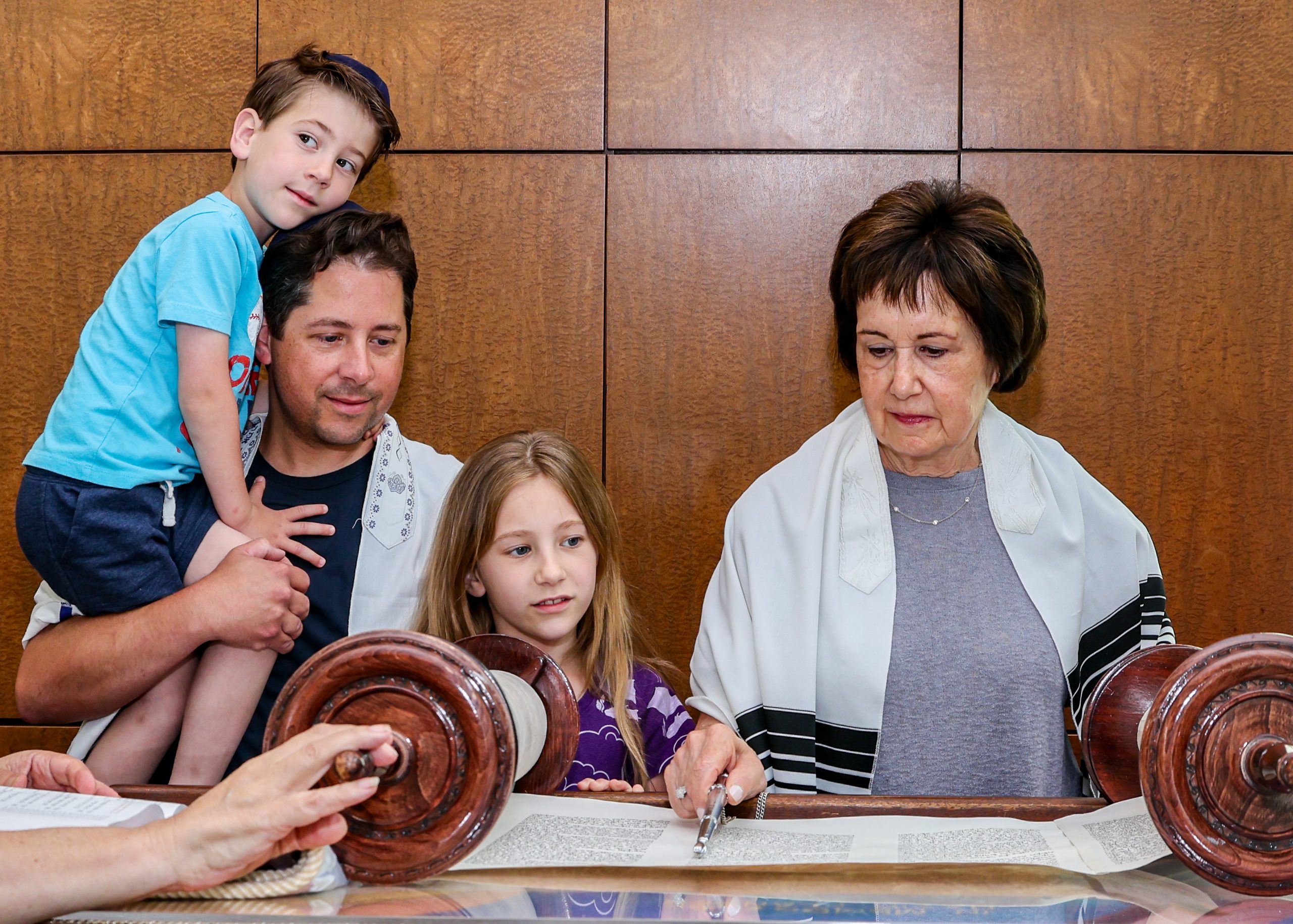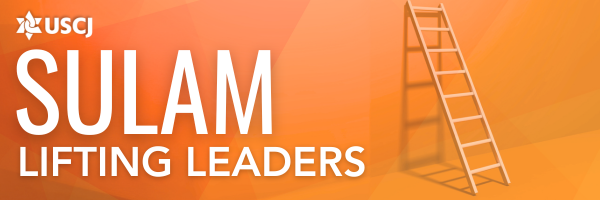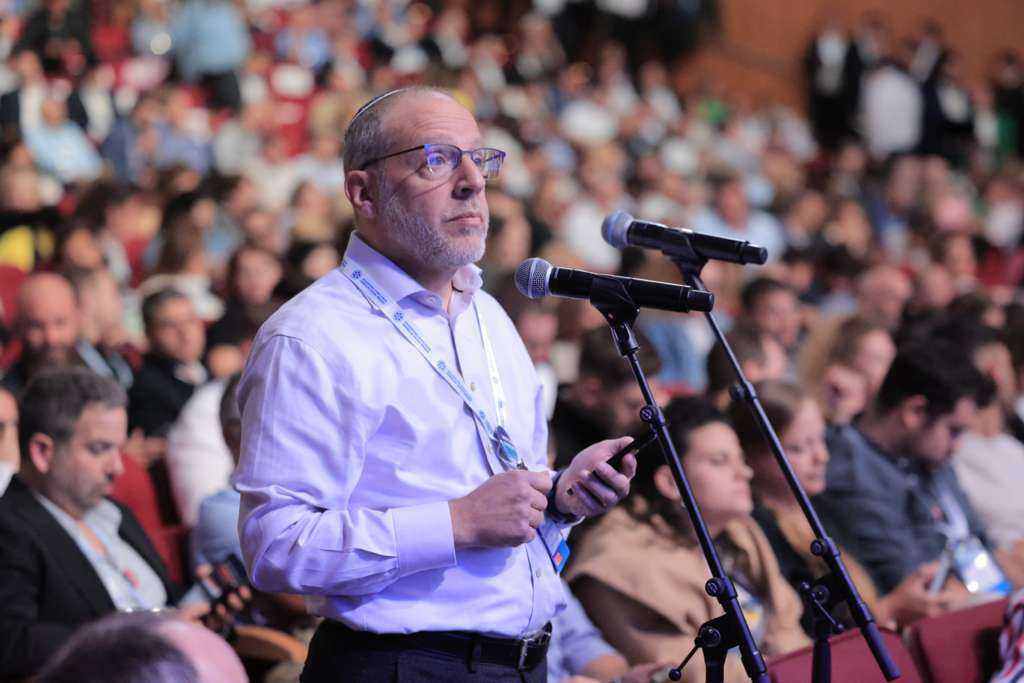The U.S. census questionnaire arrived in my mailbox this past Saturday afternoon—several hours after my wife and I, sitting in our living room rather than at synagogue, had read the Torah’s order in Parashat Ki Tissa that the census of the Israelites in the wilderness be accompanied by a “ransom” for each person counted, “lest plague break out among them.” I have often had the sense that Torah uncannily addresses the situation in which I and my community find ourselves. That was certainly the case this week. If only there were a way we could buy ourselves out of the coronavirus plague, stave off contagion, secure life, conquer fear, empower hope!
If one thing has become clear to almost everyone in recent days, it is that we are all in this together—the “we” enlarged, as never before, to include all human beings everywhere. From China to Italy to Israel, on factory floors and in university classrooms, at empty stadiums and overflowing hospital wards, there is new meaning to the concept of “human community.” The world is without question bound together, across every border imaginable, in what Rabbi Joseph Soloveitchik called a “covenant of fate.” Increasingly, it seems, we are linked as well—to a degree that I find amazing—by a “covenant of destiny” that awards preservation of life priority over GDP, daily routine, and personal freedom. In part, this commitment to life (expressed in the determination to save health care systems that safeguard life) is no doubt a function of the fact that the coronavirus spreads so rapidly, strikes invisibly, and makes no discriminations on the basis of race, nationality, or religion. “The rich shall not pay more” when it comes to suffering from this disease “and the poor shall not pay less.” The elderly and those with pre-existing conditions seem at particular risk, and every one of us knows people in these categories or is included in them ourselves. You and I and billions of others around the globe are worried right now, and united in that concern.
Jewish institutions, side by side with others, are called upon in this emergency to apply our resources, our learning, and our compassion to the life-giving tasks of sustaining Community and supplying Meaning in the face of unprecedented challenges to both Community and Meaning. I trust that all of us will make extra effort to communicate love, care, and concern over the internet and social media, as well as at home, in every way possible, for however long it remains necessary. Community is needed more now than before. It will take new forms in our kehillot, schools, camps, and youth groups, and will require redoubled effort. Imagination, resilience, and patience are already being tested—and have themselves become sources of precious Meaning. In the absence of handshakes or hugs, and even if not up close, our faces can still shine light upon one another and lift each other up.
I witnessed and learned about that happening in recent days at JTS; among members of my synagogue and other shuls; in the valiant efforts of Ramah and Fuchsberg staff in Israel to get students home safely; in the creative adjustments made to calendars, ritual and halakhah in order to hold minyanim, comfort mourners, pray for healing, and celebrate with b’nai mitzvah; and in countless personal acts of kindness that have assisted friends and strangers alike. With God’s help, we will one day soon look back on this period of suffering and hardship, knowing that we supported one another and lent each other strength through succor, prayer, and good deeds.
I have always loved—and never appreciated more—the passage in the Torah reading for this coming Shabbat describing how the entire Israelite community gave their all for the building of the tabernacle. Parashat Vayak-hel exults in repetition of the words “all” and “everyone.” “Men and women, all whose hearts moved them,” brought in abundance every sort of gift imaginable, including especially gifts that they themselves had made and designed. I can testify with pride that the Conservative Jewish communities of which I am a part are present for one another in this way, both on occasions of particular need and at moments of special celebration. All of us will have to work together right now in the spirit of Vayak-hel and come forward to be counted in the spirit of Ki Tissa.
Please take good care of yourself and those close to you, as we together take care of our communities, our neighbors, and all of God’s creation.









